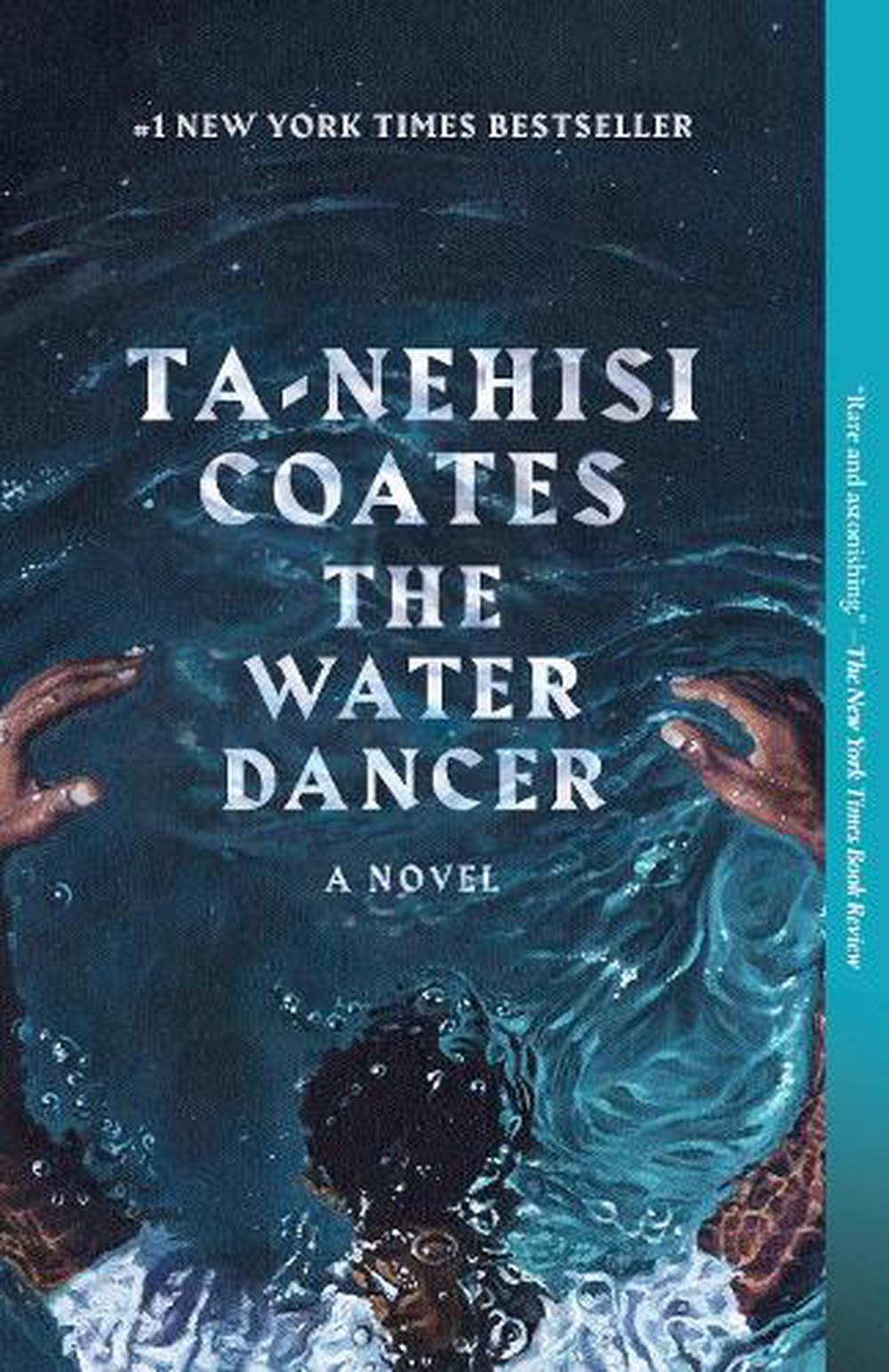


After Between the World and Me came out, he says, “I would look on Twitter, and people would tweet I was here, and then people would come up to me. The café we are meeting at, where Coates walked to work and sat for hours in his corner, drafting and rewriting his articles, his books, for years, was no longer the dim safe haven it had always been, especially in the literary bubble of New York. Coates’s father started his own press, which sought out and published works by writers of the African diaspora.Īfter Between the World and Me, though, fame elbowed her way into his life like a belligerent drunk: loud, imperious, and blind to her sloppy need. The book revolves around what it meant for Coates to grow up Black in Baltimore in the ’80s and is heavily informed by his father, who worked as a librarian at Howard University, and whose life was driven by the desire to equip his children with the tools they would need to survive in America-perhaps in a quest to figure that out for himself. After his virtuosic memoir The Beautiful Struggle was released in 2008, he found an audience who was solidly impressed not only by the quality of his writing, which careened along and rose and fell like a song, but also by his intellectual prowess, his curiosity, his ranging mind. Coates is a formidable writer and thinker. There are so many reasons for self-doubt. When I sit down I awkwardly throw my phone on the table to record our conversation, introduce myself, and shake his hand to a rising wail in my head: He’s going to despise me. Instead, here I am walking in 10 minutes early, dreading that this is a sign from the cosmos that I will ask the wrong questions. Coates,” wary of disrespecting him, my anxiety pulling out my southernness, and told him that my GPS insisted I would be there 15 minutes after our scheduled meeting time. I am naturally clumsy, often self-conscious, and shy, and 20 minutes ago, I texted the man frantically.

I am dismayed to find Coates sitting at the very back of the restaurant, tucked into a corner. But even though he looks at me with kindness, I’m nervous.Įvery seat in the place is taken, with most folks staring desultorily at laptop screens. He’s one of those people who looks young at any age: There’s a kind of weightlessness and buoyancy in the way he holds himself, with a serious, clear eye that looks knowing and hesitant all at once. All of the photos I’ve seen of him are somber and inscrutable, but when I walk into the café where he’s suggested we meet, he’s not like that at all. When I meet Ta-Nehisi Coates, I am surprised.


 0 kommentar(er)
0 kommentar(er)
